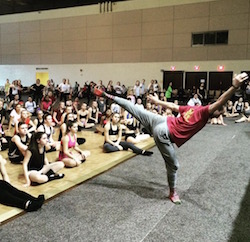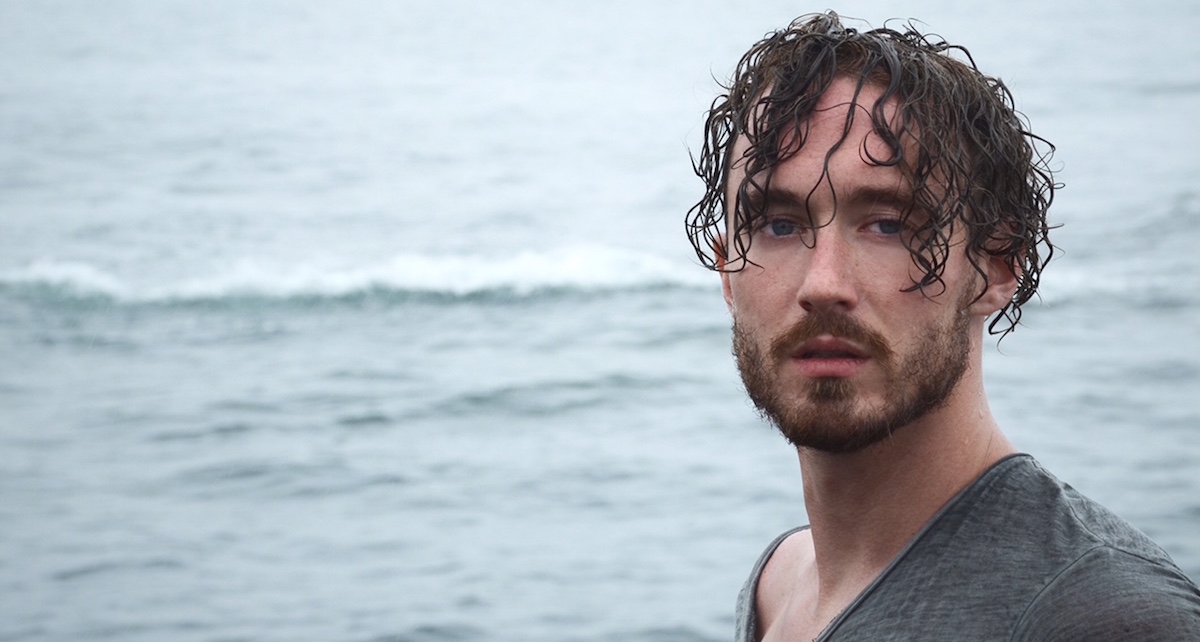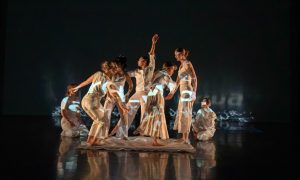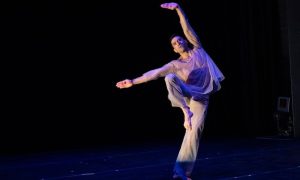They say that what goes up must come down. Many dancers experience sadness and withdrawal from the high of performance when the curtain drops and the lights go down. In a more positive light, it can be a time for reflection, rest and excitement about the next steps forward in one’s artistic life. It might follow that all of these effects can be more significant the higher that performance high is.
Top 20 Contestants on the multiple seasons of the hit Fox show So You Think You Can Dance (SYTYCD) work with top-notch choreographers, fellow dancers and technical/artistic teams (such as in costuming and lighting). That’s not to mention their dancing being broadcast for the United States at large – and, given America’s worldwide media presence, the world at large (although many countries have launched their own SYTYCD spin-offs). The show concludes, and next – wherever one’s place in the Top 20 (how long they danced on the show before the viewing public voted them off) – a nationwide Top-20 tour commences.

Tucker Knox. Photo courtesy of Knox.
Ultimately that ends as well, and these dancers must decide what’s next for them. Some, like Season 1 Runner-Up Travis Wall, launch their own dance companies and/or choreograph (sometimes for subsequent SYTYCD seasons). Some go on to dance for prestigious dance companies. Others tour the convention circuit as teachers and inspirational speakers. Others, like Season 10 contestant Tucker Knox, craft their own unique blends of teaching, choreographing and performing – blends that interest them creatively and push forward their growth artistically. Dance Informa speaks with Knox to learn more about life after SYTYCD.
Coming down from the high of a performance season is a fairly well-known phenomenon amongst dancers. What was most difficult for you about adjusting to life after So You Think You Can Dance? What helped you stay positive and moving on to the next adventure?
“The biggest difficulty was leaving my friends who were on the tour and show with me. We spent almost a year together and went through periods of great stress. We were as close as family by the end. The best way to stay positive was knowing that we were all only a text or plane ride away from one another.”
How was theTop 20 touring experience different from the show? Did that help the transition out of the SYTYCD experience?
“The tour was phenomenal! We got to finally dance without the stress of being kicked off. We also got to meet the wonderful fans after each show and experience incredible cities.”
How would you say the SYTYCD experience most significantly affected you – artistically and as a person?
“The SYTYCD experience had a major impact on my life. It made me realize what courage truly is; I learned to face fears of failure, stage fright and pushing my limits.”
You’ve been teaching in the Boston area. What else have you been up to?
“On top of teaching in Boston, I’ve been on and choreographed for ABC’s TV show Nashville, choreographed and staged Prague’s Shakespearean Festival for the 400-year anniversary and choreographed for Czech National Ballet, numerous colleges and universities, and have assisted choreographically for various other TV shows and televised award shows.”
What’s next – in the works, in your imagination? What are your biggest current passions?
“I am currently working for a few colleges and on a new undisclosed pilot for a network.”
Where would you like to see your career go – in teaching, choreography, performance? If you could dance, teach or choreograph for or with anyone, who/what would that be?
“I’d love to continue choreographing works on dance companies in the States and overseas. I’d love to set a work for Ballet du Grand Théâtre de Genève.”
What words of wisdom would you offer aspiring dancers?
“Courage. Know that there will be setbacks, know that there will be times when you will feel like you’ve failed, and know that you’ll have to struggle. The career of dancing is hard, but if you have the courage to push through those fears, you will be so greatly rewarded in numerous ways.”
What do you love about dance?
“Dance is a beautiful art. It [allows us to] speak without words, and anyone can join in the conversation!”
All in all, it’s clear that yes, what goes up must come down. But, like a bouncing ball, or a dancer gracefully moving through different levels in space, what goes down can certainly rise again. Perhaps with a different momentum, and in a new place in space, but rise again indeed.
By Kathryn Boland of Dance Informa.















